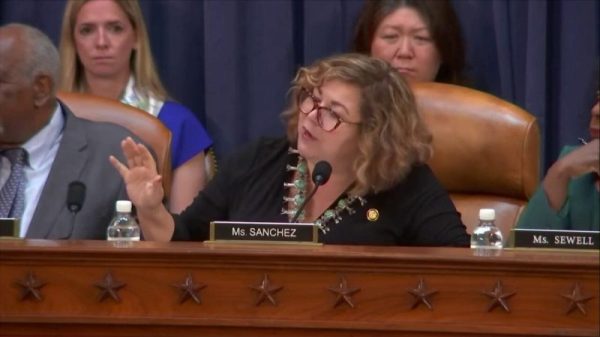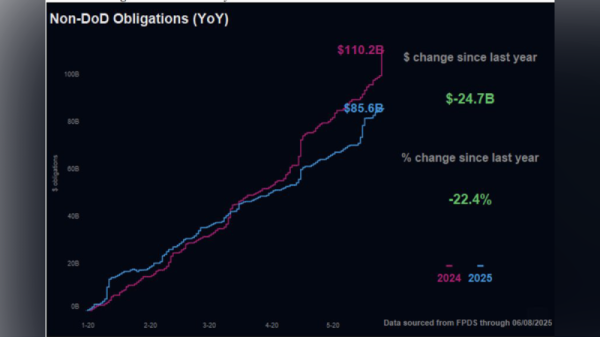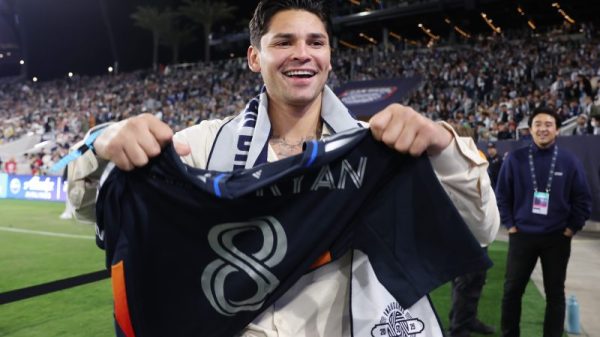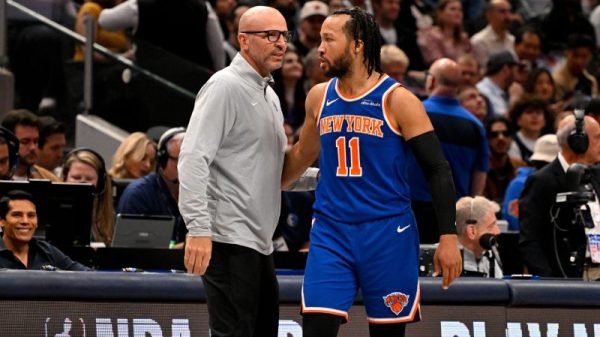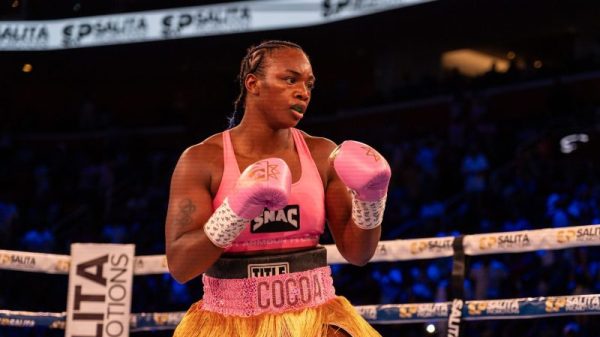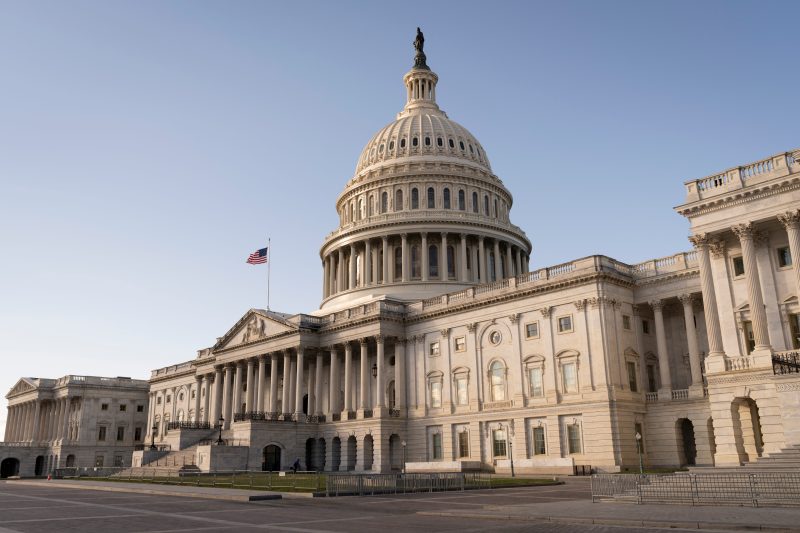With the settlement of three athlete-compensation antitrust cases against the NCAA and the Power Five conferences having received final approval from a federal district judge on June 6, members of the U.S. House of Representatives have moved into action with new legislative proposals regarding national rules for college sports.
On Wednesday, June 10, Reps. Lisa McClain, R-Mich., and Janelle Bynum, D-Ore., introduced a bill that comes shortly after Reps. Gus Bilirakis, R-Fla., and Brett Guthrie, R-Ky., circulated a discussion draft of a bill that would largely put into federal law the terms and new rules-making structure of the settlement. The McClain-Bynum bill would have the same basic impact.
The discussion draft is set to be the centerpiece of a hearing June 11 by a subcommittee of the House Energy and Commerce Committee. Bilirakis, who has been involved in previous college-sports bill efforts, chairs the subcommittee. Guthrie chairs the full committee.
The bill – in addition to being a bi-partisan presentation – continues recent work related to college sports from McClain, who is the current House Republican Conference chair. That makes her the GOP’s No. 4-ranking member in the House.
In April, McClain introduced a bill that would prevent college athletes from being employees of their schools, conferences or an athletic association. That concept has been included in the new bill with Bynum, a signal that at least some Democrats are willing to accept this. The discussion draft also would bar athletes from becoming school employees. However, the employment issue already is the subject of an ongoing lawsuit in a federal district court in Pennsylvania.
The bill and the discussion draft both include language that specifically would allow the NCAA, and potentially the new Collegiate Sports Commission, to make operational rules affecting schools and athletes in areas that have come into legal dispute in recent years and in areas that the NCAA wants to shield from future legal dispute.
To back up that authority, the bill has specific provisions designed to shield the NCAA, the Commission, conferences and schools protection from lawsuits that could come from rules they adopt that are ‘reasonably contemplated’ under the bill. The discussion draft includes a “placeholder” section for language that likely would be connected to providing antitrust or other legal protection for various provisions.
Both proposals also include language that would require most Division I schools to provide a series of benefits for athletes that are currently called for under NCAA and some conferences’ rules, but do not have the force of federal law.
Disagreements about the types of benefits for athletes that would be required under a federal law have stalled college-sports legislative efforts over the past few years in the Senate by Sens. Ted Cruz, R-Texas, Cory Booker, D-N.J. and Richard Blumenthal, D-Conn. Cruz now chairs the Senate Commerce Committee, and he has publicly expressed his interest in getting a bill put together this year that can pass in that chamber.
According both the bill and the discussion draft, an “interstate collegiate athletic association” would be able to “establish and enforce rules relating to’ the manner in which athletes may be recruited to play sports and “the transfer of a student athlete between institutions.’
The discussion draft also would let an association have rules about “the number of seasons or length of time for which a student athlete is eligible to compete, academic standards, and code of conduct”.
The NCAA’s rules regarding when recruits can be offered money in exchange for the use of their name, image and likeness; athletes’ ability to freely transfer; and the number of seasons in which they are eligible to compete all have been – or currently are being – addressed in federal and state courts across the country. That has raised concerns for NCAA officials about the future of rules such as those concerning academic eligibility requirements.
On the athlete-benefit side:
Both proposals would include medical coverage for athletically related injuries after the conclusion of an athlete’s career (the bill would provide coverage for four years, the discusssion draft at least two).
Both proposals mandate guaranteed financial aid that would allow an athlete to complete an undergraduate degree (the bill allows a 10-year period for completion, the discussion draft is open-ended).
Under the discussion draft, most Division I schools would be required to create “an administrative structure that provides independent medical care and affirms the unchallengeable autonomous authority of primary athletics health care providers (team physicians and athletic trainers) to determine medical management and return-to-play decisions related to student athletes.”
Also under the discussion draft, most Division I schools also would be required to cover athletes’ out-of-pocket expenses for medical care of athletically related injuries and to provid mental health services.

